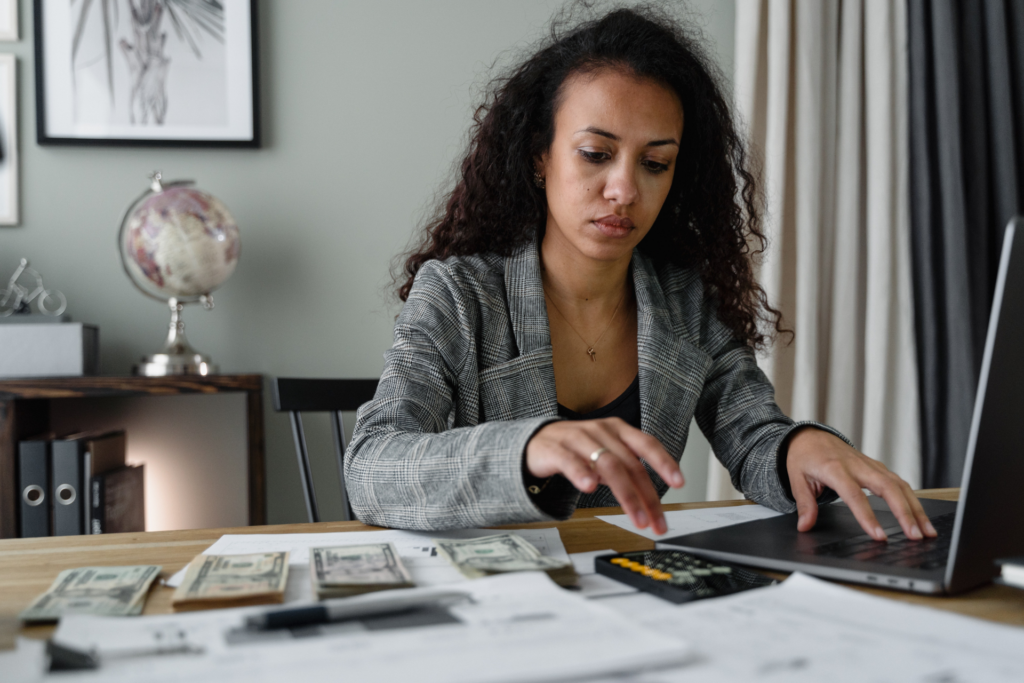
Sometimes a security deposit feels like just an additional cost of moving. If you stay in a central Florida rental for a long time, it might seem gone forever. When you decide to move out, the property management company will return it sans any deductions. We’re guessing you’d prefer to have your full security deposit back, right? Then read to learn 5 ways to avoid security deposit deductions.
5 Ways to Avoid Security Deposit Deductions
- Tell Them You’re Leaving
Most of the time, your property manager will reach out a few months before your lease expires to see if you plan to renew it. If you plan to move out, you need to let them know. If you want your deposit back, you can’t just let the lease expire and slip out of town.
The Orlando area property management company needs time to find a new tenant. They also need time to schedule an inspection and estimate the costs of any damages that would be deducted from your security deposit.
Notify your property manager in writing so you have a dated paper trail. Also, remember to leave a forwarding address.
- Clean Up
This might feel obvious, but you should clean your space before you move out. If your lease specifies minor repairs (like filling in holes from wall hangings), make the fixes. Scrub your baseboards, wipe the fridge, and do everything your lease says to do. This might take a few days. We don’t recommend trying to do this as you move out. Otherwise, results may vary (which can result in deductions).
- Request a Walk-Through
Once you’ve spruced up, you can ask your landlord or property manager to walk through the unit with you before you move out. They’ll do an inspection anyway once you’re out, but you can ask them to do a walk-through while you’re still there.
This way you can ask what you need to do to get the full deposit back. This helps you to ward off any deduction surprises on your security deposit later.
- Take Your Stuff With You
This might surprise you, but a lot of people leave their junk behind when they move out. People leave all sorts of things behind, including some hard-to-dispose items.
Your property manager’s not the junkman or the garbage collector. Any efforts needed to remove your stuff directly equates to deductions in your security deposit.
If you want your deposit, empty out your rental. Open all the closets and cupboards before you lock the door one last time. Nobody wants to find a cabinet full of forgotten crusty condiments or deal with the broken couch you didn’t want anymore
And for the love of all things holy, PLEASE do not leave unwanted pets behind when you move out. The property management company will alert the authorities and you will be charged with animal cruelty.
- Pay the Last Month’s Rent
Many get confused about the difference between “last month’s rent” and the security deposit, especially if they’re the same amount. Your security deposit is a separate fund.
You can’t just skip paying your last month’s rent, assuming the property management company will use your deposit to cover it. Legally in Florida they can’t do that.
Double check your lease, since you may have paid the final month’s rent when you moved in. If not, prepare to pay the piper while you wait for your deposit return.
Bonus Tip: Prepare for Next Time
When you move into your new place, take steps to prepare for your full deposit:
- Read the lease thoroughly and ask questions
- Request a move-in inspection with the landlord
- Take pictures on your tour to document anything in questionable shape
- Make sure you take out renters insurance that includes flooding (it rains a lot in Florida after all)
- And of course, pay your rent on time and take good care of the place
- Complete a walk-through checklist (The Realty Medics provides this to all tenants upon move in)
Contrary to beliefs by those who’ve experienced security deposit deductions, your property manager doesn’t want to keep your deposit. It’s not like they get to pocket those funds. By following the steps outlined in your lease and asking if you have questions, you can ensure you avoid deductions from your security deposit.


